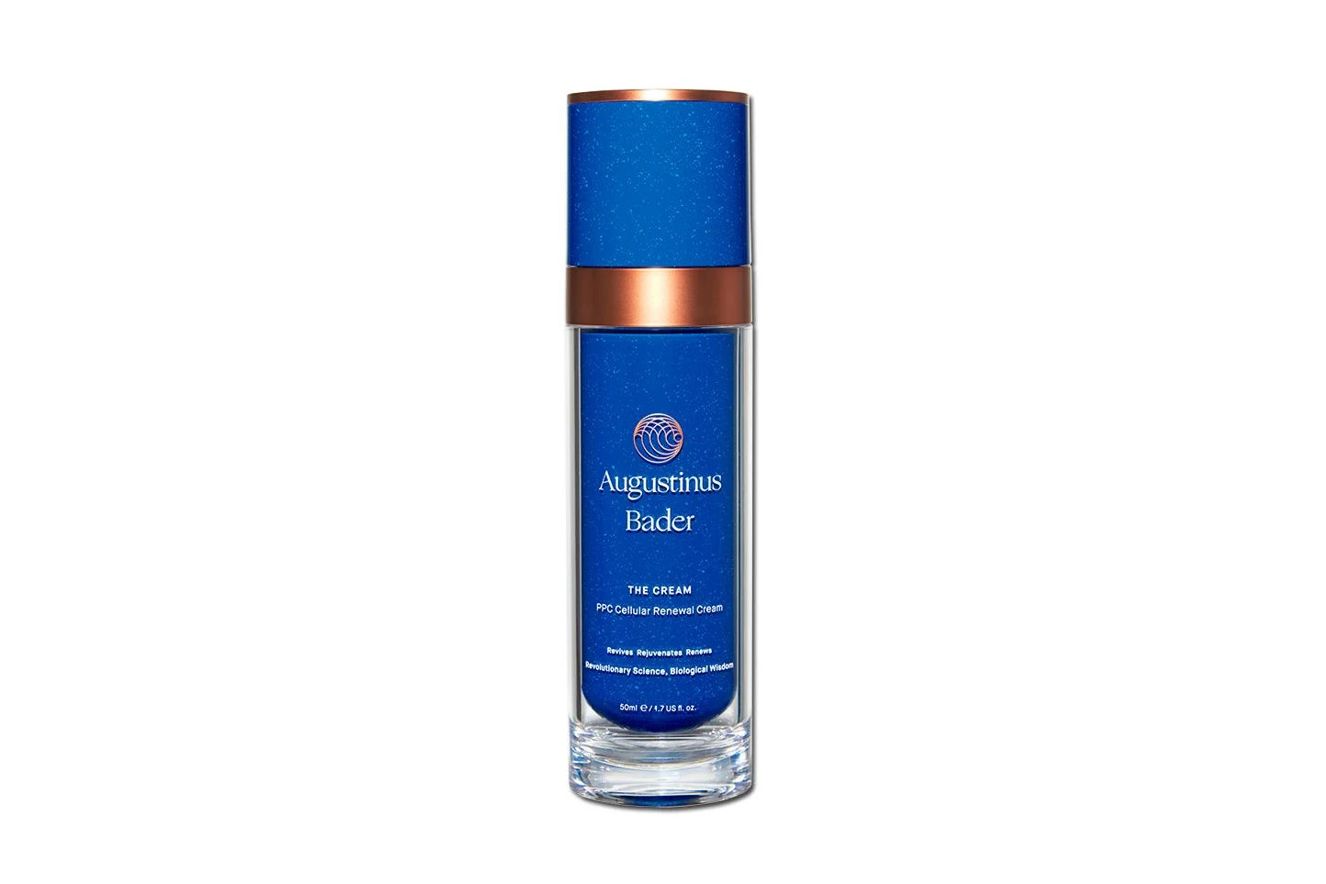Thanks to epigenetic research, it turns out that 70 to 75 per cent of skin ageing is up to your environment and lifestyle, instead of genes. We ask Prof Augustinus Bader, co-founder of his eponymous skincare brand, and Dr Nadine Pernodet, Estée Lauder's vice president of Skin Biology and BioActives more
Here’s a piece of good news and not so great news. Thanks to epigenetic research, studies have found that while genes play a role in your skin type and how it ages, 70 to 75 per cent of skin ageing is actually dependent of environment and lifestyle factors. The good—you have a chance at achieving youthful skin. The bad—you’ll have to put in some extra effort for it.
“Epigenetics refers to modifications that change the expression of genes but do not directly alter the DNA sequence. The science of epigenetics shows that factors such as environment and lifestyle can change your gene expression,” Dr Nadine Pernodet, vice president of Skin Biology & BioActives at the Estée Lauder Companies, explains.
“The genes in your skin are set. You were born with it, and it is a given, but you can influence them,” says Prof Augustinus Bader, founder of his eponymous skincare brand.
“Lifestyle factors, such as what you eat, where you live, when you sleep, how you exercise, even ageing—can eventually cause chemical modifications around the genes that will turn those genes on or off over time.”
Though cell care isn’t a new concept, it has increasingly taken centre stage in the skincare industry in recent years.






